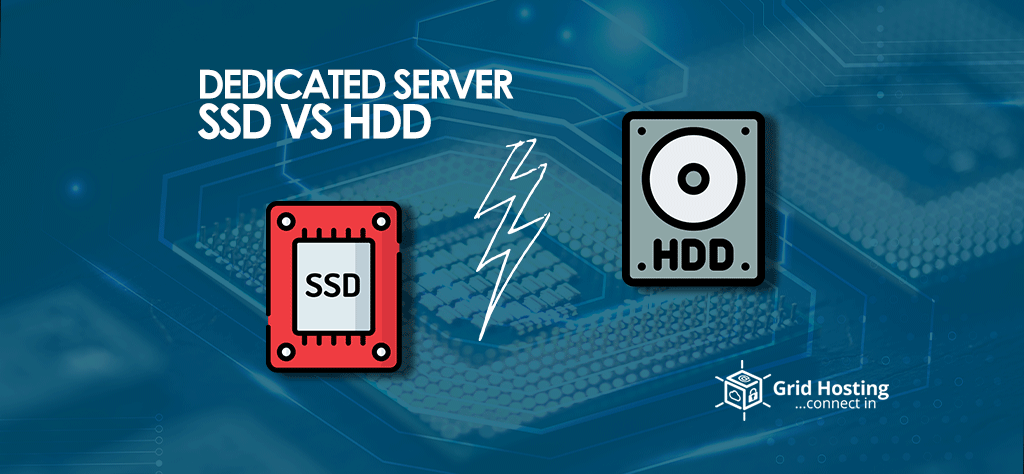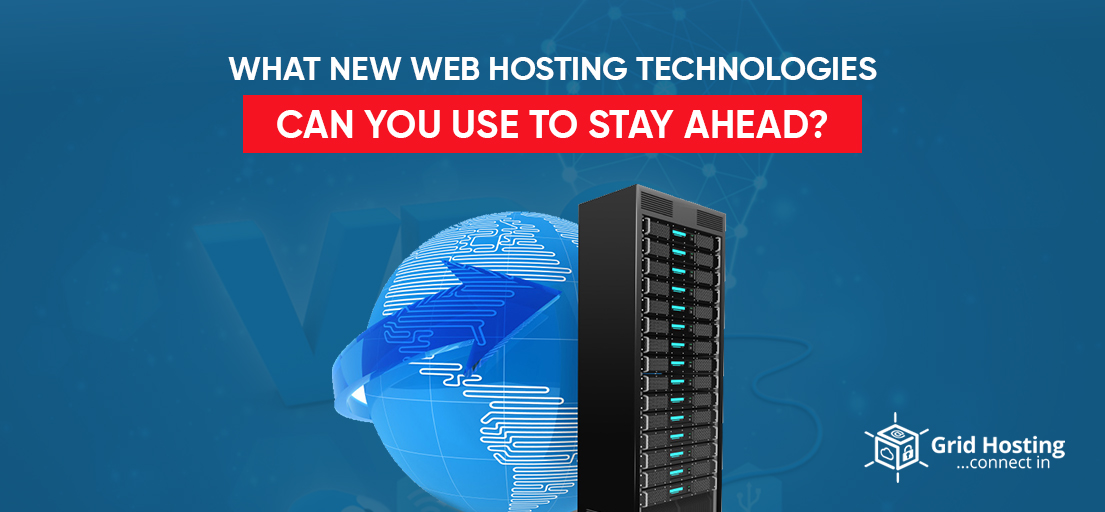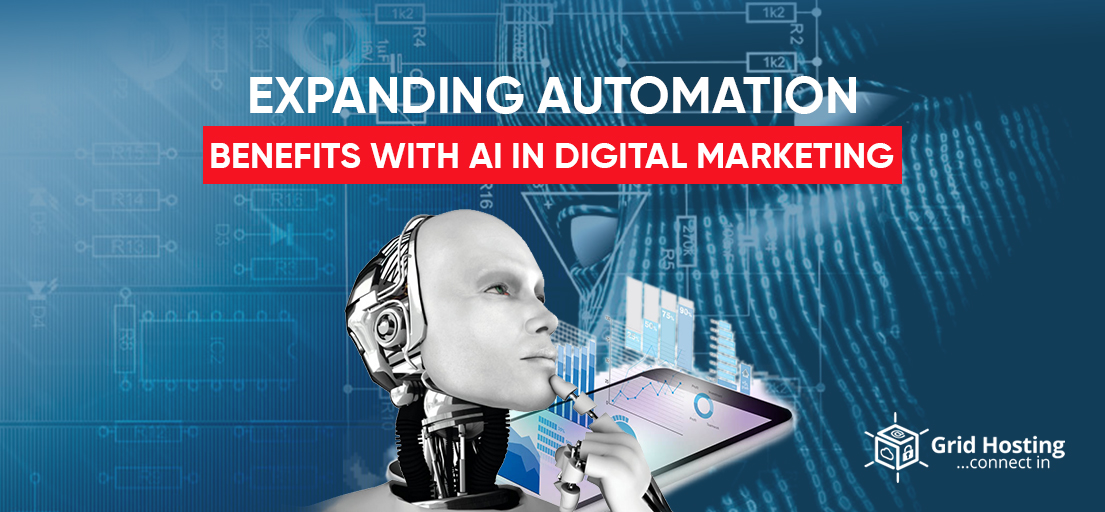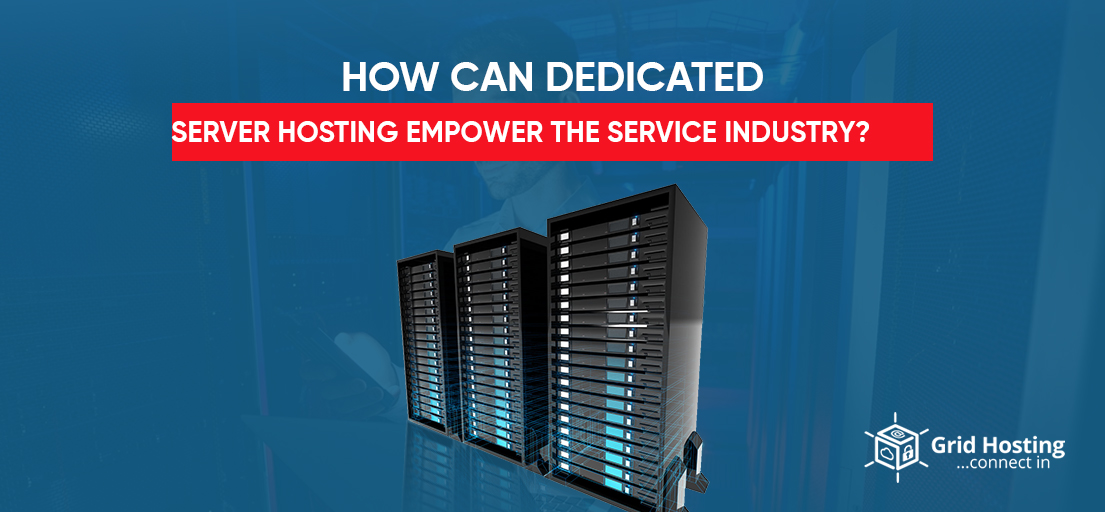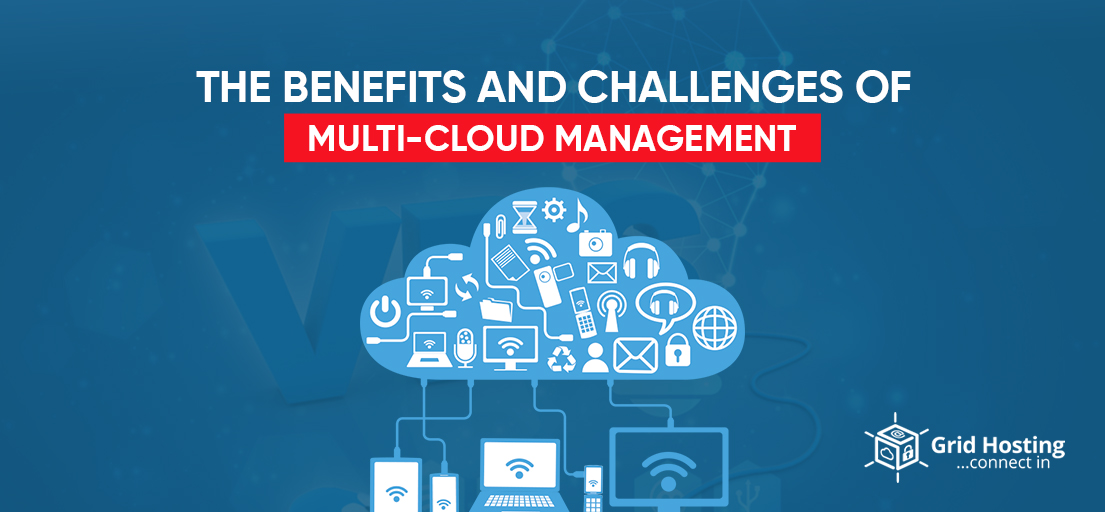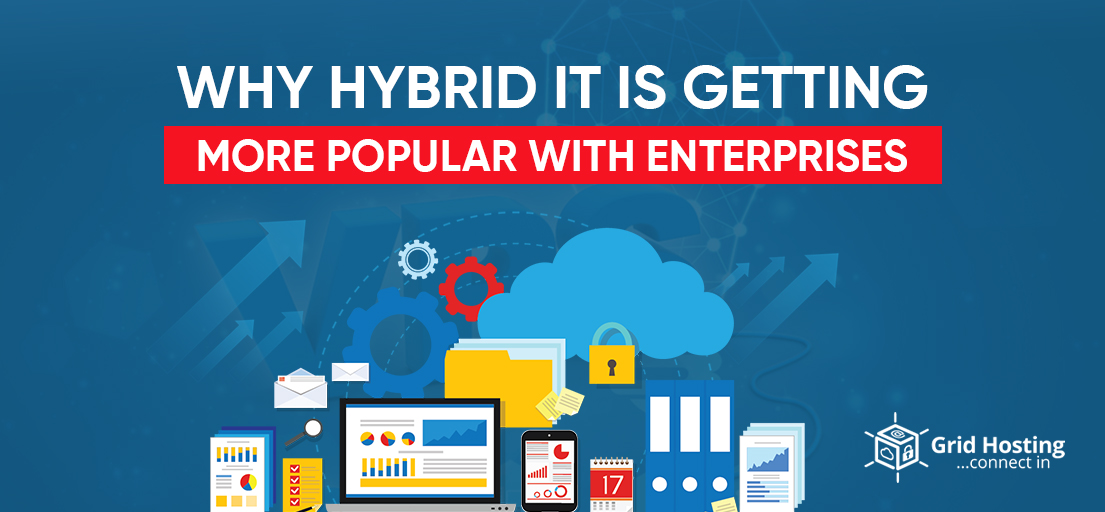Over time there has been a rapid advancement in technology with new inventions and products to facilitate the customers. The same is the case with data storage devices as they have evolved from magnetic disks to solid-state drives. Here technology advancement has also led to a challenge which is deciding between SSD vs HDD when it comes to the appropriate storage option for your server. Besides, storage has been always a question since the dawn of computer technology.
Regardless of whether you are a tech-based organization or not you must know the difference between the data storage technologies such as an SSD (solid state drive) and HDD (hard disk drive). On the other hand, if you are running a website knowing about SSD vs HDD will let you decide what kind of storage is ideal for you.
Before moving to the comparison, you must know the purpose of storage in hosting
Role of Data Storage in Hosting
In the digital world information is the key to survival in the competitive environment. Therefore, everyone wants to keep his website up-to-date with the latest information. This means you need sufficient storage space and a web server for the content storage.
With the passage of time your site expands and your content volume increases. Therefore, you might require more storage space to accommodate the increasing content. The types and expenses of both storage options differ in different types of hosting which include dedicated and shared hosting.
HDD Hosting
Hard disk drives were the storage devices used since the early days of computing. Even they were in use since 1950 in all computers, laptops, and servers in order to store a huge volume of data at a minimal cost. The HDD technology is very simple that includes a metal disk along with a plastic coating that actually stores all the information.
A reading head moves inside the disk and writes information in binary language 0 and 1. The head has to go on the same destination to read the data available and completes the assigned task. The more quickly disk rotates the faster it reads the data which means the resolution per minute is a conclusive factor for instance if you take two HDDs with 5400 RPM and 7200 RPM respectively, the latter is capable to perform better.
On the other hand, the speed of a hard disk drive relies on the subtypes which include ATA (Advanced Technology Attachment) and serial ATA. In the past web hosting service providers relied heavily on HDDs for storing their important data. In 2009 the trend started to change when SSD saw the light.
Below we are going to explain the advantages and disadvantages of SSD vs HDD to help you make decisions while choosing a storage option for your dedicated server.
Benefits
- A hard disk drive offers you a huge amount of data storage facility in affordable costs.
- It has a higher storage capacity in comparison to a solid-state drive. For instance, 500 GB storage is normal for an HDD.
Drawbacks
- HDD has a slow speed because of its old mechanism which takes time to read the information. This means its traditional nature reduces the speed
- When it comes to efficiency HDDs are not reliable as they create noise and consume high power and are prone to damage. According to a survey HDD has an average lifespan of 2-5 years.
What is SSD Hosting
SSDs are the modern-day storage devices allowing you a better speed and performance when it comes to dedicated server hosting. When compared with a hard disk drive an SDD uses the latest memory chip which is known as flash memory which means they don’t have moving parts like a hard disk drive. In addition, the RAM in computers uses the same technology. However, it removes all the data when you shut down the system. While a solid-state drive saves your data even if the system is not operational.
When the server web hosting concerns the SSDs are widely preferred as they are fully capable of processing a huge amount of data in the shortest time.
Benefits
- A solid-state drive reads the data faster compared to a hard disk drive which offers a smooth performance
- SSD does not create any noise while running as there are no moving parts in it. This means SSD wins the race when it comes to reliability
- With the availability of a flash memory chip, SSD allows the user to transfer data at a fast speed without causing any glitches.
- SSDs are prepared using solid material which enables them to survive daily wear and tear. Their solid build ensures your data is secure inside.
Drawbacks
As we all know solid-state drive is a modern-day technology, it will cost you a huge amount when you go for a higher storage capacity.
Difference Between Dedicated Server SSD vs HDD
Overall performance
When it is all about dedicated servers the speed of the server to store the information and share it to visitors is an important part. A hard disk drive transfers the information when its driving board revolves around the disc. While there are no moving parts in the solid-state drive and it takes lesser time to process the data as compared to an HDD.
Reliability and data security
When we talk about an HDD’s reliability it has moving parts inside which means the chances of data failure are more resulting in a data loss in times of higher traffic. On the other hand, there are very few chances of failure in case of a solid-state drive. Which makes it a reliable and secure device.
Flexible
Solid-state drives are more versatile as compared to HDDs because of multiple reasons. As there are many types of memory cells in chips in the SSDs. While a hard disk drive uses a DDR3 memory chip and SSDs depend on storage or cache. Whereas, you can increase the HDD storage when required. Whereas, it is not possible in the case of a solid-state drive. Overall SSD is a better option for dedicated server storage as it offers a seamless performance resulting in increased efficiency. Still the servers having a large amount of data work well with HDDs.
Energy consumption
Consumption of power is a crucial factor when making a comparison between SDD vs HDD in a dedicated server. When it comes to the utilization of energy the old HDDs consume more than solid-state drives. Although power consumption does not make any difference in the case of a single server. While it makes difference when there is a huge setup of multiple dedicated servers.
You May Also Like to Read: 7 Best Dedicated Server Hosting UK (2022)
Cost-effectiveness
A hard disk drive is a wise option for individuals who are on a tight budget. As it is available at easy rates having a huge storage capacity. One can easily buy 1TB of the hard drive at cost-effective rates. While the solid-state drive is much more expensive for the users or system admins. When we look at reliability the average life span of an SSD is more than 10 years. Whereas, a hard disk drive might wear down within 2-5 years maximum. Here you can see which one is cost-effective for the long term.
Which One Should You go for?
The difference between SDD and HDD is the technology hard disk drives are the invention of 1950. Whereas, SSD came into being in 2009 and it is like a generic counterpart of the hard disk drives. Here you can decide which one is a suitable option for you. It totally depends on your requirements whether you need fast speed, or smooth performance and better security for the sensitive data.
When your website will load quickly google will also improve its ranking. A solid-state drive has all the features to help you rank your site on the top of search engine pages. On this count, investing in an SSD dedicated server brings major benefits and ensures that your website is functioning well in peak traffic times as well.
For Special discounts and offers, visit our official Facebook Page.

